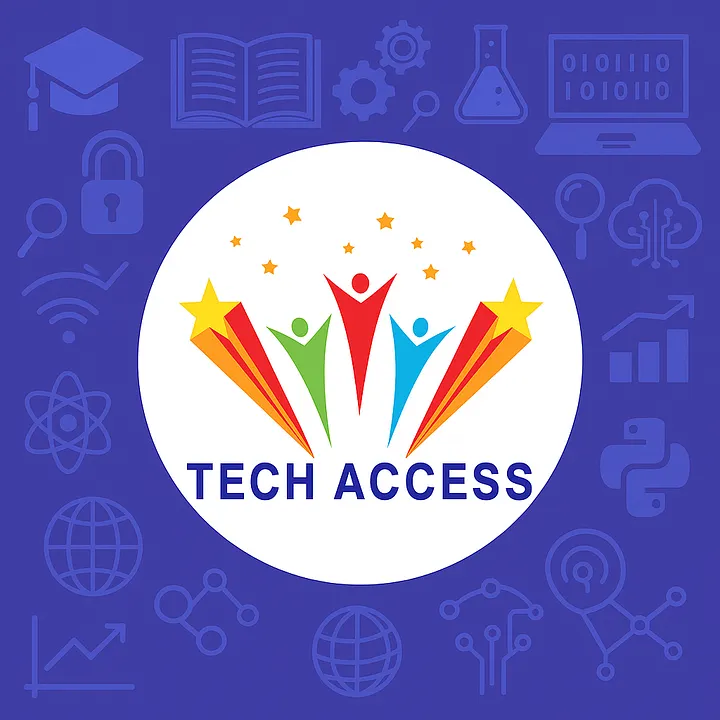Introduction
We live in a technologically advanced world. Everything we do includes computers, from using our phones to check the weather to making online grocery purchases. Ever wonder, though, who creates and manages all of this digital magic? Software engineering and IT (information technology) can help with it. These are two key areas that enable our contemporary digital lifestyle. We will discuss what they signify, how they vary, why they are significant, and how you may begin a career in them, even if you have no prior experience. Let’s get started!

What is IT and Software Engineering?
Information Technology (IT)
Information technology is all about managing, sharing, and storing data on computers and networks. IT professionals install computer systems, handle corporate data, resolve technical issues, and maintain system functionality.
● Network Administrator — Manages internet and internal connections.
● IT Support Specialist — Helps people solve technical issues.
● Cybersecurity Analyst — Protects systems from hackers.
● Cloud Administrator — Manages online storage and servers.
Software Engineering
Software engineers, on the other hand, build the programs and applications that people use. Whether it’s a mobile app like WhatsApp, a video game, or a banking system, it’s made by software engineers.
● Writing code using languages like Python, Java, or C++
● Designing how an app or website will look and work
● Testing to find and fix bugs (errors)
● Updating and improving software over time
Key Differences Between IT and Software Engineering
Even though both disciplines deal with computers and technology, there are several significant distinctions. A key feature of Information Technology (IT) is its focus on Software Engineering, which oversees networks and systems. Typical roles in software design and development include network administrator, security developer, programmer, app engineer, and IT support. Required Tools for Design Thinking, Networking, Security Coding, Hardware, and Algorithms Used: Firewalls, Servers, Routers, IDEs, Debuggers, and Git (such as VS Code).
Consider software engineering as the “brain” that produces digital tools, and information technology as the “backbone” that sustains all systems
Why Are IT and Software So Important Today?
There was a time when computers were only found in offices. But today, they are in our pockets, homes, schools, hospitals — even in cars! Here’s why IT and Software Engineering are more important than ever:
They Make Life Easier. Imagine life without Google Maps, online payments, or video calls. IT and software engineers have created tools that save time, energy, and even lives.
They Power Businesses. From big companies like Amazon to small shops, every business needs technology. IT ensures that systems are fast and secure, while software helps manage sales, customers, and communication.
They Keep Us Safe. Cybersecurity is a huge part of IT. With so much of our personal information online, it’s important to protect it from hackers. IT professionals work tirelessly to keep data safe.
They Offer Great Career Opportunities. IT and software jobs are in high demand. Whether you want to work from home or join a big tech company, there are endless options in this field. Many people even become freelancers or start their own tech companies.
How Can You Start a Career in IT or Software Engineering?
To begin working in software or IT, you don’t have to be an expert. All you need is curiosity, perseverance, and an openness to learning. Here is a basic, step-by-step instruction to get you started
Step 1: Choose Your Path
● Want to fix problems, work with networks, or manage data? → IT might be right for you.
● Want to build apps, websites, or games? → Software Engineering could be a better fit.
Step 2: Learn the Basics
Start with online courses (many are free!) on platforms like:
● Online courses provide Courses to look for:
● Python or Java (for coding)
● Computer Networks
● Cybersecurity
● Web Development
Step 3: Practice, Practice, Practice
Learning theory is good, but practicing is even more important.
● Solve coding problems on websites like Hacker Rank, Codeforces, or LeetCode.
● Build small projects like a calculator, to-do app, or personal website.
● Join communities on GitHub, Reddit, or Discord to learn from others.
Step 4: Get Certified or Study Further
Consider formal education or certifications such as:
● Bachelor’s Degree (BSc IT, BCA, or B.Tech CS)
● Google IT Support Certification
● AWS Cloud Practitioner
● Cisco Networking Certifications
Step 5: Intern or Freelance.
Real-world experience is very important. Try getting an internship, even if it’s unpaid. Or start freelancing on small projects on platforms like Fiverr or Upwork.
Important Skills You’ll Need
Apart from technical knowledge, you should also develop these soft skills: ● Communication — Explaining your ideas clearly
● Problem Solving — Thinking logically and creatively
● Teamwork — Working well with others
● Time Management — Meeting deadlines and managing tasks
What’s the Future of IT and Software?
The future is very bright. Here are some trends where IT and software will be most needed:
● Artificial Intelligence (AI) and Machine Learning (ML)
● Cybersecurity as online threats grow
● Cloud Computing like Google Cloud and AWS
● Internet of Things (IoT) — smart homes, cars, and cities
● Remote Work and Virtual Collaboration
Final Thoughts
IT and Software Engineering are not just careers — they are tools to shape the future. These fields are full of opportunities, creativity, and challenges. And the best part? Anyone with dedication can become a part of this digital revolution. So, are you ready to dive into the world of technology? Start small. Learn daily. Build something new. And remember — even Google was started by two students with a simple idea and a passion for tech.
